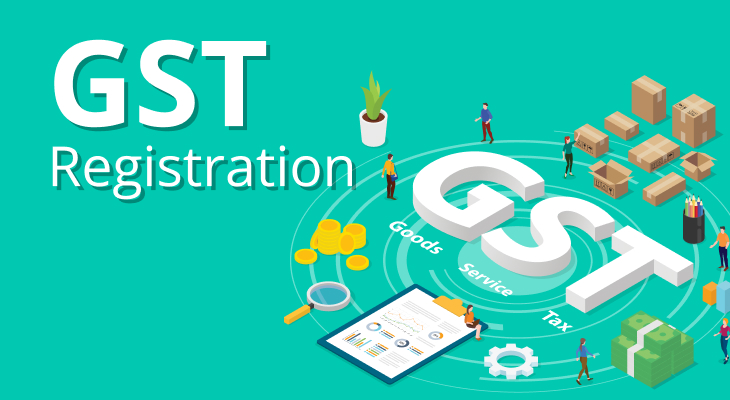Contrast and Pick the most effective GST Registration Services in Singapore for Your Demands
Contrast and Pick the most effective GST Registration Services in Singapore for Your Demands
Blog Article
From Beginning To End: The Ultimate Roadmap to GST Registration for Services Looking For Financial Stability
Navigating the intricacies of Item and Services Tax Obligation (GST) registration is a critical action for organizations striving for financial stability. Breaking down the roadmap right into workable actions can streamline the registration trip for organizations looking to improve their financial standing.
Understanding GST Basics
Digging right into the essential principles of Goods and Solutions Tax Obligation (GST) is necessary for acquiring a thorough understanding of its implications on companies and the economic situation. Input Tax Obligation Credit (ITC) is a substantial feature of GST, allowing services to claim credit report for tax obligations paid on inputs, reducing the total tax worry. Recognizing the basics of GST is important for services to comply with tax laws, handle their finances efficiently, and contribute to the nation's financial development by taking part in a clear tax system.
Eligibility Requirements for Registration
As of the current laws, the threshold limitation for GST enrollment is an annual aggregate turnover of 40 lakhs for services operating within a state, other than for special group states where the limit is 20 lakhs. In addition, certain services are called for to register for GST irrespective of their turn over, such as interstate suppliers, informal taxed persons, and services liable to pay tax obligation under the reverse charge system. It is crucial for companies to extensively evaluate their turn over and purchase kinds to identify their GST enrollment obligations precisely.
Papers Needed for Registration
Having actually met the qualification criteria for GST enrollment, companies should currently ensure they have the requisite records in place to continue with the registration process effectively. The papers required for GST enrollment commonly include evidence of service constitution, such as collaboration deed, registration certification, or unification certificate for various types of companies. In addition, organizations need to supply files establishing the principal place of organization, such as a rental contract or electricity costs.
Step-by-Step Registration Process
Starting the GST enrollment process includes a collection of structured actions to guarantee a smooth and certified registration for companies. The initial step is to visit the GST website and fill in the registration type with exact information of the service entity. Following this, the candidate receives a Short-term Reference Number (TRN) which is used to return to the application process if it's not completed in one go.
Next, all called for files based on the list provided by the GST portal requirement to be published. These papers normally include Find Out More proof of business address, identification and enrollment evidence of marketers, monetary statements, and company entity's PAN card.

Post-Registration Compliance Standards

Verdict
Finally, companies seeking monetary stability must understand the basics of GST, satisfy eligibility requirements, collect required files, adhere to the detailed enrollment process, and conform with post-registration standards - Best GST registration services in Singapore. By sticking to these steps, businesses can guarantee compliance with tax obligation guidelines and preserve economic stability in the future
Furthermore, visit site particular businesses are called for to sign up for GST irrespective of their turn over, such as interstate distributors, casual taxed persons, and organizations responsible to pay tax obligation under the reverse fee mechanism.Having fulfilled the qualification requirements for GST registration, businesses must currently ensure they have the requisite files in location to continue with the enrollment process successfully. The records required for GST registration generally consist of evidence of organization constitution, such as collaboration action, enrollment certification, or unification certificate for various kinds of companies. Additionally, businesses require to give records developing the major place of business, such as a rental contract or electrical power expense.Commencing the GST registration process involves a collection of structured actions to make certain a certified and smooth registration for companies.
Report this page